In today's rapidly digitizing world, content is more than just a communication tool; it's a 'key' that helps e-commerce businesses stand out from the crowded competition. A well-structured content strategy can help a website not only increase traffic steadily from Google but also boost conversions, enhance user experience, and establish a strong brand identity.
So, how do you build a well-structured and effective content strategy for an e-commerce website? Let's explore the details in the article below with MIMA TRADING & SERVICES CO., LTD – a company specializing in consulting and implementing SEO-standard content.
Why Do E-commerce Websites Need a Well-Structured Content Strategy?
🔹 Sustainable SEO – Reduced advertising costs: Instead of relying on paid advertising (Google Ads, Facebook Ads), quality content helps your website rank organically, reaching target customers for free and continuously.
🔹 Increased Conversion Rate: Compelling content that aligns with user insights will help customers understand the value of the product, build trust, and make purchasing decisions easier.

🔹 Brand affirmation – Customer retention: Clearly defined content helps you stand out from the competition, building lasting relationships with customers through blogs, emails, instructions, product stories, etc.
🔹 Support for omnichannel marketing: Optimized content helps you reuse it effectively across multiple channels such as Facebook, Instagram, Email, Zalo OA, Tiktok, etc., creating consistency and professionalism.
Important Content Types on E-commerce Websites
An e-commerce website needs to invest in various types of content to cover the entire customer buying journey:

| Content type | Main objective |
| Homepage | Make a first impression, orient experience |
| Category page | Introduce an overview of products, promote selection |
| Product detail page | Provide detailed information, create purchasing motivation |
| Blog / SEO articles | Increase traffic, provide value, build credibility |
| Campaign landing page | Focus on conversion according to each specific campaign |
| FAQ / User Guide | Provide after-sales support, enhance customer experience |
| About us / Introduction | Build trust and business reputation |
| Return / shipping policy | Make the process transparent, reduce purchasing barriers |
Content Strategy Development Process For E-commerce Website
Content strategy is not simply "writing a lot of posts," but needs to be methodical, researched, and targeted. Here is the standard process that MIMA applies to its clients:

🔹 Step 1: Identify Customer Persona
- Who are they? Gender, age, occupation
- What information do they usually look for before buying?
- What are their motivations – fears – expectations when buying?
🔹 Step 2: Map Customer Journey
| Stage | User goals | Types of content to deploy |
| Awareness | Learn about knowledge, solutions | SEO blog, sharing posts, video reviews |
| Consideration | Compare, see reviews, get advice | Landing page, FAQ, product comparison |
| Purchase Decision | Find deals, shipping policies | Optimized product page, promotional programs |
| Post-purchase | Usage instructions, warranty | Videos, how-to articles, customer care emails |
🔹 Step 3: Keyword research – create an SEO content plan: Use tools like:
- Google Keyword Planner
- Ahrefs / SEMrush
- Google Suggest, “People also ask”
Goal: choose keywords with high search volume, align with purchase intent, and have suitable competition.
🔹 Step 4: Build a detailed content plan
Example: 1-month content plan for an online cosmetics store:
| Week | Main SEO topic | Content type | Target keywords |
| 1 | How to choose sunscreen for oily skin | Consulting blog | “sunscreen for oily skin” |
| 2 | Summer skincare combo | Promotional landing page | “summer skincare combo” |
| 3 | Compare AHA – BHA in skincare | In-depth blog post | “compare AHA BHA” |
| 4 | Top best-selling products in June | “hot cosmetics in June” |
How To Write SEO-Standard Product Page Content And Increase Conversion
The product page is the website's "closing point." Content needs to:
✅ Clear product information
- Appealing short description (USP – Unique Selling Point)
- Detailed description: material, features, uses
- Size, color, instructions for use
- High-quality images, real videos

✅ Keyword optimization
- Main keywords in title (H1), short description
- Secondary keywords appear naturally in the content
- Optimize images (file name, ALT text)
✅ Insert strong CTAs
- “Buy now”, “Add to cart”, “Contact for advice” buttons
- You can add: related product suggestions, customer reviews
✅ Social proof
- Reviews from real users
- Certifications, quality commitments
- Number of purchases, outstanding feedback
Blog Content Strategy – Increase Free Traffic From Google
Writing an SEO blog is one of the most sustainable and cost-effective strategies to bring customers to the website.
📌 Suggested blog topics:
- “Top 5 best-selling products of the summer”
- “Guide to distinguishing real - fake goods”
- “How to use products effectively”
- “Comparison between product A and B – what should you choose?”

📌 Tips for writing effective blogs:
- Insert main keywords in the title, description, and beginning
- Use subheadings (H2, H3) to divide content logically
- Optimize images, attach links to products
- Insert CTA in the middle or at the end of the article
Landing Page Content – “Conversion Battlefield” Needs Strong Optimization
The landing page is where you receive traffic from ads, emails, or blogs. The content needs to focus on:
- Benefits of products/services
- Proof (testimonials, reviews)
- Support policies, commitments
- Clear CTAs (get advice, buy now, download offers)
💡 Suggestion: use short storytelling to attract, tell customer stories that have been successful when using your products.
Automated Content System – Nurturing Customers
Combine website content with channels such as:
- Email Marketing: send new blogs, instructions, periodic offers
- Zalo OA: announce new product launches, promotions
- Chatbot: suggest useful articles or suitable products
An effective content strategy helps you retain users to return to the website, increasing purchase frequency and increasing customer lifetime value (LTV).
Measuring Content Effectiveness – Continuous Optimization
Use tools such as:
| Tool | Purpose |
| Google Analytics | Track traffic, conversion rate, user behavior |
| Google Search Console | Track keyword rankings, CTR |
| Hotjar / Microsoft Clarity | Record mouse movements, measure UX |
Metrics to track:
- Traffic per article/blog
- Time spent on page
- Clicks to product pages
- Order rate from each content source
E-commerce Website Content Strategy Service At MIMA
At MIMA TRADING & SERVICES CO., LTD, we provide:
✅ Content strategy consultation by industry
✅ Building an SEO content system from A–Z
✅ Writing blogs, product pages, categories, landing pages
✅ Connecting content with the overall marketing system
✅ Periodic performance reports, improvement recommendations
We have worked with many e-commerce businesses in Vietnam, bringing sustainable traffic growth and regular orders without relying too much on advertising costs.
Content is not just "text to read," but a digital asset that generates sustainable revenue. A good content strategy will help e-commerce websites dominate Google, leave a brand impression, and grow sales naturally.
If you are doing e-commerce business but do not have a clear content strategy, let MIMA accompany you on your digital transformation journey.
Contact Info
MIMA TRADING & SERVICES CO., LTD
📍 Address: Hoc Mon, Ho Chi Minh City
📞 Hotline/Zalo: 0909 035 333
📩 Email: info@mimadigi.com
🌐 Website: https://mimadigi.com




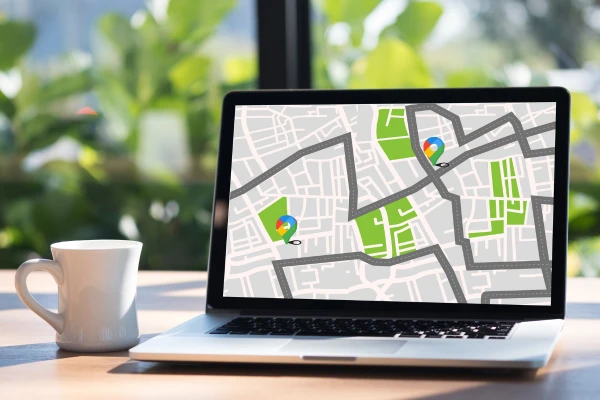
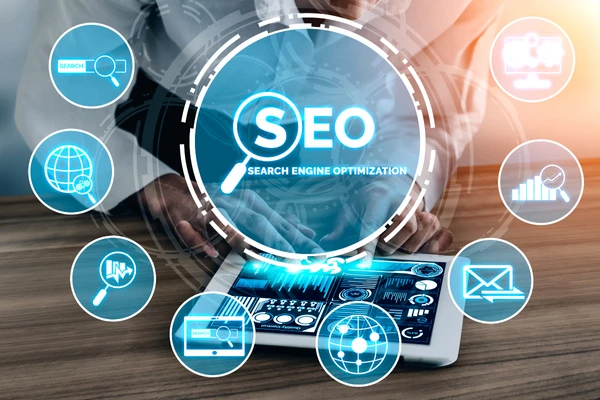



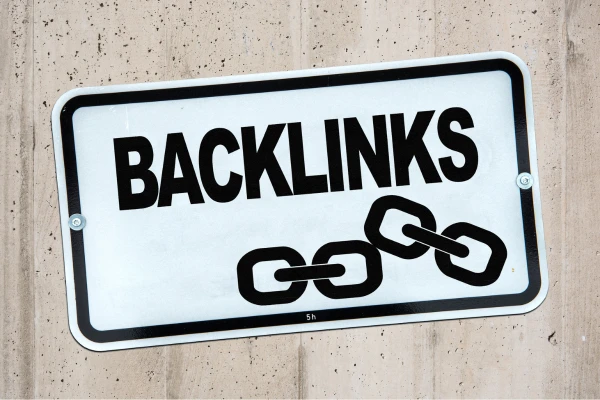

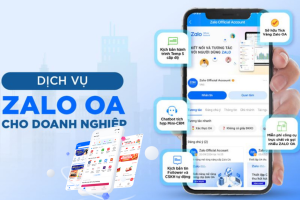
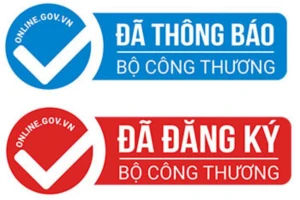
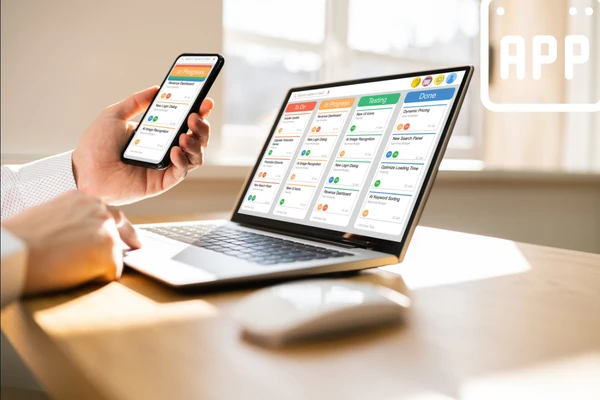

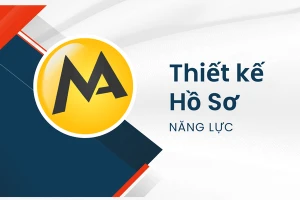

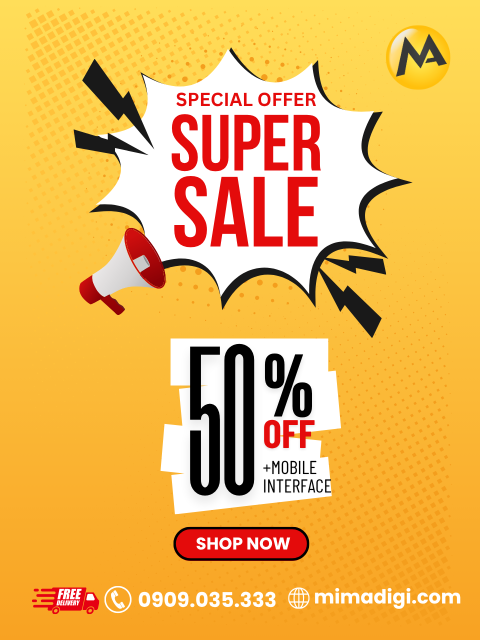
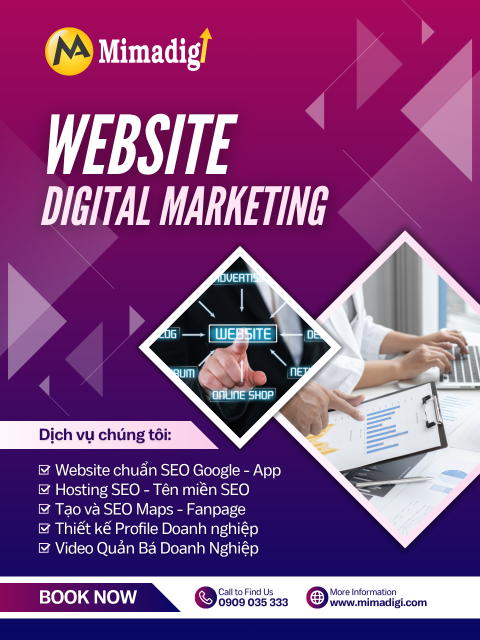






Share your review